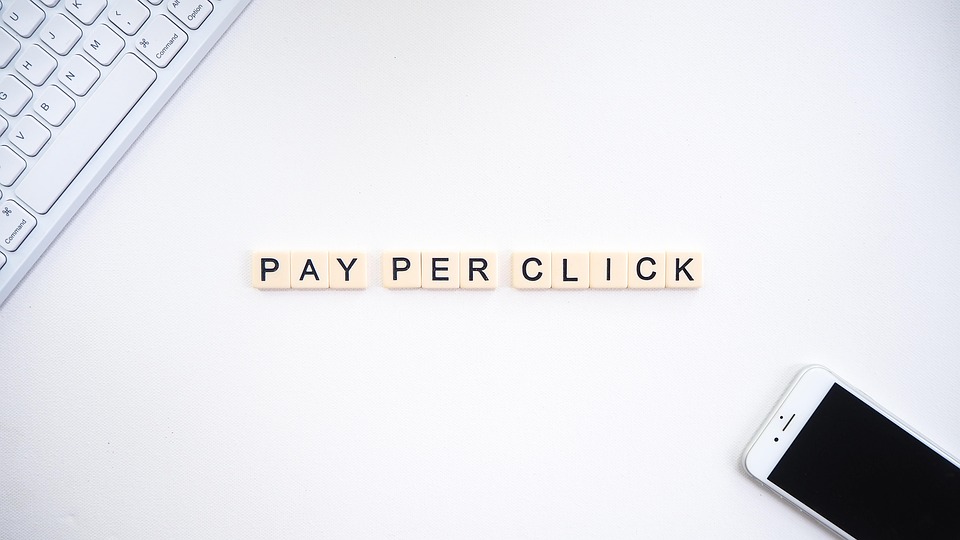Introduction
In the fast-evolving landscape of digital marketing, choosing the right advertising platform can mean the difference between success and failure. Google Ads and Facebook Ads are two of the most powerful tools at your disposal. This comprehensive guide will help you understand the strengths and weaknesses of each platform, arming you with the knowledge to make educated decisions and maximize your ROI in 2024.
Understanding Google Ads
What are Google Ads?
Google Ads is a pay-per-click (PPC) advertising platform that allows businesses to display ads on Google’s search engine results pages (SERPs) and across its extensive Display Network. This means your ads can appear in front of users who are actively searching for products or services similar to yours.
Advantages of Google Ads
- Intent-Based Targeting: Capture users who are already searching for specific keywords.
- Extensive Reach: Access millions of customers across Google and partner sites.
- Robust Analytics: Use Google Analytics for in-depth performance tracking.
Best Practices for Google Ads in 2024
- Conduct thorough keyword research using tools like Google Keyword Planner.
- Utilize ad extensions to provide additional information and increase click-through rates (CTR).
- A/B test your ad copies and landing pages regularly for optimization.
Understanding Facebook Ads
What are Facebook Ads?
Facebook Ads allow businesses to create visually engaging advertisements displayed throughout Facebook and Instagram. With a focus on audience demographics rather than search intent, this platform excels in brand awareness and customer engagement.
Advantages of Facebook Ads
- Advanced Targeting: Use demographics, interests, and behaviors to finely tune your audience.
- Visual Engagement: Leverage multimedia content to captivate and engage your audience.
- Cost-Effective: Often, Facebook Ads can be cheaper than Google Ads, especially for brand awareness campaigns.
Best Practices for Facebook Ads in 2024
- Use high-quality images and videos to capture audience attention quickly.
- Test different ad formats, including carousel ads and video ads, to find what resonates best.
- Retarget website visitors with dynamic ads to maximize conversion rates.
Google Ads vs. Facebook Ads: Which Should You Choose?
Cost Considerations
Both platforms operate on a bidding system, but costs can vary significantly depending on your industry, keywords, and audience. Generally, Google Ads can be more expensive due to high competition for certain keywords, while Facebook Ads often provides a lower barrier to entry. Analyze your budget and campaign goals to select the right platform.
Type of Product/Service
Your choice may depend on what you’re selling. For businesses with higher purchase intent products, Google Ads typically yields better results. Conversely, Facebook Ads can work wonders for brands focused on community engagement or products that rely heavily on visual appeal.
Audience Engagement
If building a community and engaging with your audience is your goal, Facebook Ads could be more effective. For immediate sales based on consumer intent, Google Ads might be the way to go.
Conclusion
The battle between Google Ads and Facebook Ads isn’t about which is superior—it’s about which is superior for your business goals. By combining the strengths of both platforms, digital marketers and small business owners can create a comprehensive strategy that engages users and maximizes ROI in 2024.
FAQ Section
1. Which platform is better for brand awareness: Google Ads or Facebook Ads?
Facebook Ads excels in brand awareness due to its advanced targeting options and visual content capabilities. It allows businesses to reach audiences based on behavior and interests, making it a powerful tool for creating brand familiarity.
2. How much should I budget for Google Ads vs. Facebook Ads?
Your budget will depend on various factors, including your industry, campaign goals, and target audience. On average, Google Ads can be more costly due to competitive keywords, while Facebook Ads often offer a more flexible entry point. Start with a small budget and adjust based on campaign performance.
3. Can I use both Google Ads and Facebook Ads simultaneously?
Absolutely! Using both platforms concurrently can help you reach various audience segments. Consider applying a full-funnel marketing approach, utilizing Google Ads for capturing intent-driven traffic and Facebook Ads for brand engagement and retargeting.


Comments are closed.